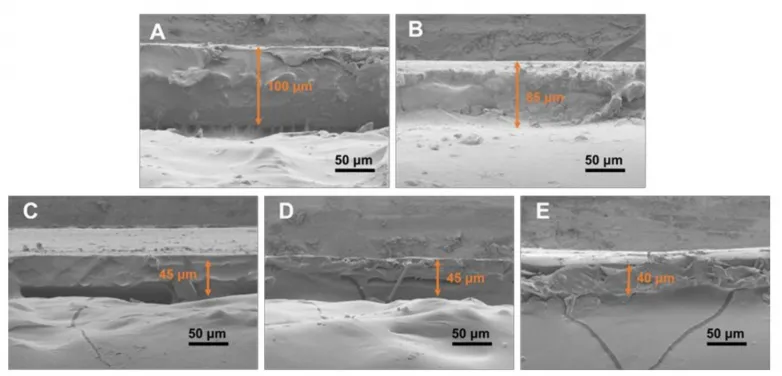Putting the brakes on lithium-ion batteries to prevent fires
- Lithium-ion (Li-ion) batteries are used to power everything from wise watches to electrical vehicles, thanks to the large amounts of power they can save in small spaces. When overheated, nevertheless, they're prone to catching fire and even taking off. Yet recent study published in Nano Letters uses a possible solution with a new innovation that can swiftly put the brakes on a Li-ion battery, shutting it down when it obtains also warm.

The chemistry found in lots of batteries is basically the exact same: Electrons are shuttled via a digital device in a circuit from one electrode in the battery to another. However in a Li-ion cell, the electrolyte fluid that separates these electrodes can evaporate when it overheats, triggering a short circuit. In specific cases, brief circuiting can result in thermal runaway, a process in which a cell heats itself uncontrollably.
When numerous Li-ion cells are chained together-- such as in electrical vehicles-- thermal runaway can spread from one unit to the next, resulting in a large, hard-to-fight fire. To prevent this, some batteries currently have foolproof features, such as outside vents, temperature level sensors or flame-retardant electrolytes. However these procedures often either begin far too late or injury efficiency. So, Yapei Wang, Kai Liu as well as colleagues intended to create a Li-ion battery that can shut itself down quickly, however also work just as well as existing innovations.
The scientists utilized a thermally-responsive shape memory polymer covered with a conductive copper spray to produce a product that would transfer electrons the majority of the moment, yet switch over to being an insulator when heated excessively. At around 197 ° F (91.6 ° C), a microscopic, 3D pattern programmed right into the polymer appeared, breaking apart the copper layer and also stopping the flow of electrons.
This permanently shut down the cell yet stopped a possible fire. At this temperature, nonetheless, traditional cells maintained running, putting them in jeopardy of thermal runaway if they came to be hot once again. Under regular operating temperatures, the battery with the new polymer preserved a high conductivity, low resistivity and comparable cycling lifetime to a conventional battery cell. The scientists state that this modern technology can make Li-ion batteries safer without having to sacrifice their efficiency.
Also read

